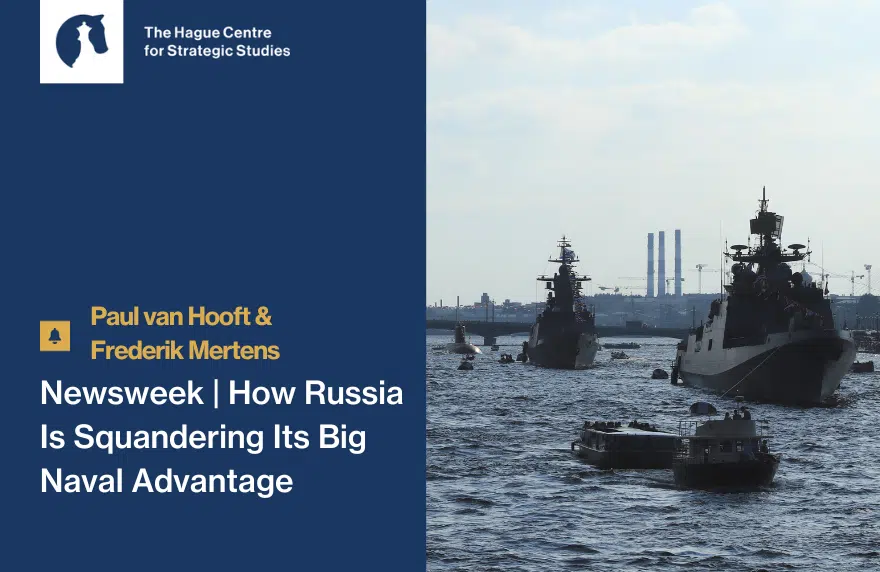More than a fifth of Russia’s known manned aircraft and helicopter losses in the 18 months since Moscow launched its invasion of Ukraine have not been due to enemy action, data compiled by Newsweek has revealed.
Accidents during training are normal and expected, but a competent air force will try to minimize these often-fatal accidents, said Frederik Mertens, a strategic analyst with the The Hague Centre for Strategic Studies (HCSS). “Russia lacks experienced pilots,” he told Newsweek.
Poor basic training pre-dated Moscow’s war effort. In February 2022, Russia had many more jets than truly experienced pilots, with the less experienced contingent having around half the flying time usually designated for pilots in NATO air forces, Mertens said. Training aircraft before the war also left much to be desired.
“The comparison becomes even more dire if we factor in the advanced trainers that NATO pilots routinely use to train not only their own skills, but to train complex operations with other pilots,” he said.
The intensity of the air operations and the scale of Russian losses have forced Moscow to deploy its instructors on combat missions.
“This both limits the time these pilot trainers have to train other pilots and exposes your trainers to losses,” Mertens said.
This has a knock-on effect. The Russian air force needs to recruit more pilots, but there are fewer instructors to teach them.
The problems also extend to the aircraft, which Mertens said were poorly maintained, and have questionable safety precautions. On top of scant training, this adds to the reasons why Russian self-inflicted losses are a significant proportion of their downed aircraft.
Ultimately, it comes down to constricted training time, few experienced pilots and the pressures of constant combat, added HCSS senior strategic analyst Paul van Hooft. “Accidents are a feature of armed forces under prolonged extreme stress.”
Read the full article by Ellie Cook in Newsweek.








